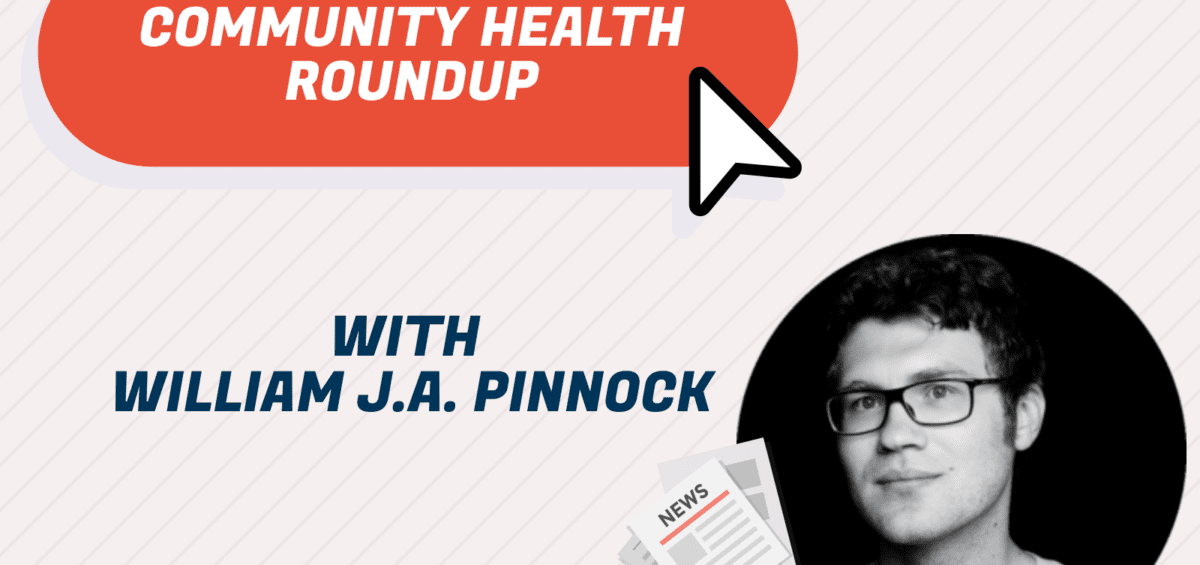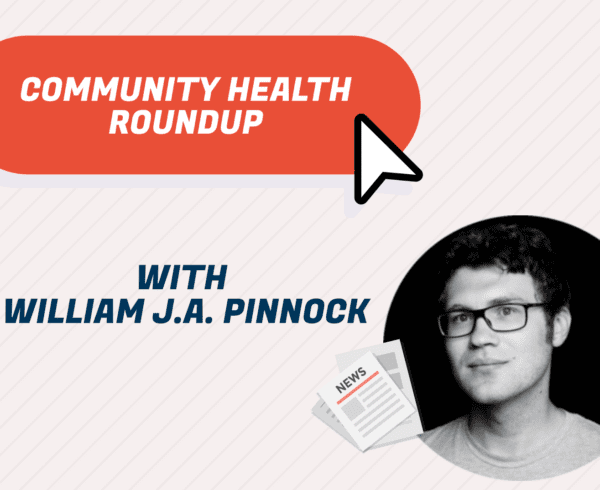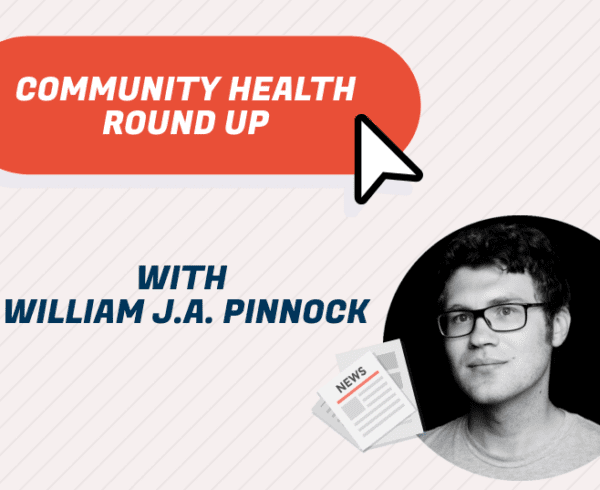Hello and welcome back to Community Health Roundup: your source for the latest in health news and information! This week we are going to pack our bags and travel to North Carolina to check in on an ACO that is addressing social determinants of health, next we will explore the effects of thirdhand smoke and also the effects of wildfire smoke, and finally we will visit a Florida VA hospital that is using telemedicine to help those with PTSD.
What happens when an ACO takes what it knows about it’s patients social determinants of health and begins implementing strategies to address them? Well, for one North Carolina ACO, the results showed that people’s health greatly improves! The ACO was able to create a system that connected patients with legal aides, social services, food banks, substance abuse services, and other organizations to address the underlying causes of health problems. Read more about the efforts of this North Carolina ACO here.
I’ve breathed in a fair amount of firsthand smoke in my day and even more secondhand smoke, but I was shocked (SHOCKED) to learn that I could also be breathing in thirdhand smoke. What is thirdhand smoke you ask? Well, it’s the residue that is left in a space from cigarette smoke. You know that bar or restaurant that used to allow smoking, well you can bet your boots there is some residual chemicals left in the walls and that stuff is, hold onto your hats, really not that good for you. How not good is it for you? Check out this article from the Washington Post to learn more about thirdhand smoke and it’s potential effects.
While we are on the topic of smoke being awful for you, a new study from UCSF proposes that wildfire smoke is not only terrible for your lungs, but also for your heart. The study, published in the Journal of the American Heart Association, demonstrates that those exposed to wildfire smoke are at higher risk for “heart failure, ischemic heart disease, and stroke”. And with us entering wildfire season, this report provides extra evidence why you should make sure to wear your air filter masks and take care of yourself. Read about the study here.
Here is more evidence as to the power of telehealth: in a Florida VA hospital, physicians are using telehealth to help veterans with PTSD by connecting them to experts in art therapy. The results have been so successful that they have received a five year grant to expand the program. Read about this program here.
About the Author
William Jacob Amadeus Pinnock is a Research Coordinator at OCHIN where he assists with the creation, execution, and dissemination of research projects. He graduated with an MS in Communication from Portland State University where he focused on health communication, rural mass media, and qualitative research methods. He has experience working in commercial health insurance, healthcare research, and radio broadcasting. In his spare time, he is an Adjunct Instructor at Portland State University helping students master the art of public speaking.






